Managing Pain After Total Knee Replacement
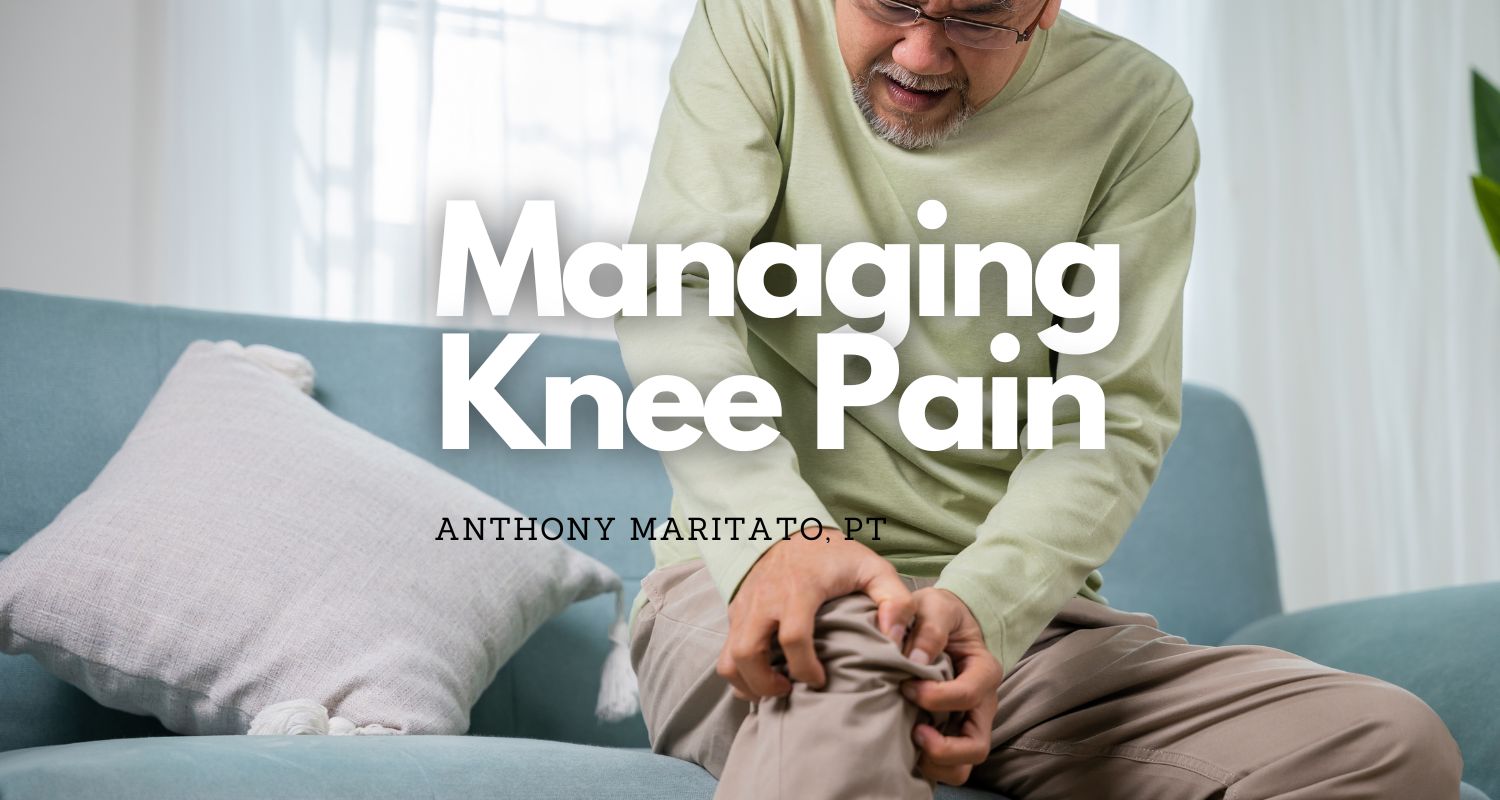
Introduction to Managing Pain After a Knee Replacement
Undergoing a total knee replacement is a significant medical procedure that can dramatically improve your quality of life. However, the journey to full recovery involves navigating through various challenges, one of the most daunting being post-operative pain. Effective pain management is not just about comfort; it’s a critical component that can significantly impact the speed and quality of your recovery.
Many patients are understandably anxious about how to manage pain after surgery. The good news is that there are multiple approaches to pain management, each with its own set of benefits and considerations. This article aims to provide you with a comprehensive guide on how to manage pain effectively after a total knee replacement. We’ll explore various methods, from prescribed medications to natural remedies and lifestyle adjustments, all designed to help you recover more comfortably and efficiently.
It’s crucial to remember that while this guide offers general advice, everyone’s experience with pain and recovery is unique. Therefore, it’s essential to consult your healthcare team, including your physical therapist and surgeon, for personalized recommendations tailored to your specific needs.
Table of Contents
Don’t Fear Pain Medication When It Is Prescribed By Your Surgeon
One of the most straightforward methods for managing pain after a total knee replacement is the use of pain medication. While the idea of taking medication may raise concerns for some, it’s important to remember that when prescribed by your surgeon, these medications are generally safe and effective for short-term use.
Many patients harbor fears about becoming dependent on pain medication. While it’s a valid concern, it’s crucial to differentiate between dependency and the medical necessity of managing acute post-operative pain. Your surgeon and healthcare team have the expertise to prescribe medication in a manner that minimizes the risk of dependency while effectively controlling pain.
Common medications used for pain management post-surgery include opioids, non-opioid analgesics, and anti-inflammatory drugs. Each type of medication has its own set of benefits and potential side effects. Therefore, it’s essential to follow your surgeon’s instructions carefully, including dosage and timing.
It’s also advisable to discuss any concerns or questions you may have with your healthcare providers. They can provide insights into alternative pain management strategies if medication is not suitable for you. For instance, some patients find relief through TENS units or other non-pharmacological methods.
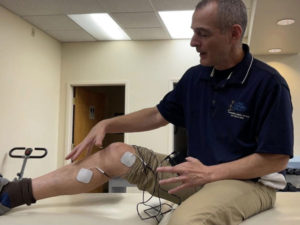
Remember, effective pain management is a collaborative effort between you and your healthcare team. Open communication is key to finding the most effective and comfortable treatment plan tailored to your needs.
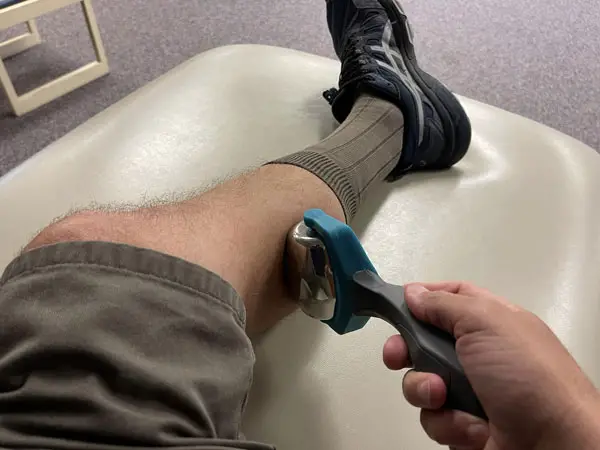
Ice and Heat May Both Reduce Pain After Knee Surgery
When it comes to non-pharmacological methods of managing pain after a total knee replacement, both ice and heat therapy can be incredibly effective. Each has its own set of benefits and is suitable for different stages of the recovery process.
Ice therapy, or cryotherapy, is often recommended immediately after surgery to reduce inflammation and numb the surgical area. Applying ice packs to the knee can provide immediate relief and is especially useful during the first few days post-operation. The cold temperature helps constrict blood vessels, reducing swelling and providing a numbing effect that can alleviate pain.
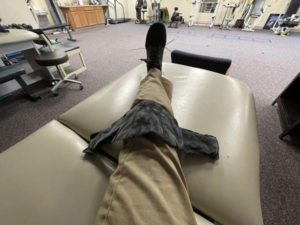
Heat therapy, on the other hand, is generally more beneficial later in the recovery process. Heat helps relax and loosen tissues and stimulate blood flow to the area. This can be particularly useful for relieving muscle tension and improving mobility. However, it’s crucial to avoid using heat immediately after surgery, as it can exacerbate swelling.
Both ice and heat therapy have their place in a comprehensive pain management strategy. The key is to know when to use each method for maximum benefit. For example, you might find it helpful to use ice therapy after physical activities to reduce inflammation and switch to heat therapy before exercises to prepare your muscles.
As always, consult your physical therapist or healthcare provider for personalized advice. They can provide specific guidelines on the duration and frequency of ice and heat applications, ensuring you get the most out of these natural pain relief methods.
Sleep is Important for Improved Healing and Reduced Pain
The importance of sleep in the recovery process after a total knee replacement cannot be overstated. While it may seem unrelated to pain management, quality sleep plays a crucial role in both healing and reducing discomfort.
During sleep, your body goes into repair mode, accelerating the healing of surgical wounds and reducing inflammation. Lack of sleep can hinder this natural healing process, leading to prolonged recovery times and increased pain levels. Therefore, ensuring you get adequate, restful sleep is a vital component of effective pain management.

However, achieving quality sleep can be challenging, especially when dealing with post-operative pain. One strategy to improve sleep quality is to adhere to a consistent sleep schedule. Going to bed and waking up at the same time each day can help regulate your body’s internal clock, making it easier to fall asleep and stay asleep.
Another tip is to create a comfortable sleep environment. This could mean using a wedge pillow to elevate your surgical leg, thereby reducing swelling and discomfort. You might also consider using white noise machines or aromatherapy to create a calming atmosphere conducive to sleep.
As always, consult your healthcare team for personalized advice tailored to your specific needs. Your physical therapist can provide additional tips and exercises to help you achieve better sleep, thereby aiding in your overall recovery and pain management.
Don’t Overdue It – Doing Too Much Exercise Can Increase Pain Levels at Night
Exercise is an essential part of recovery after a total knee replacement, but it’s crucial to strike the right balance. Overexerting yourself can lead to increased pain levels, particularly at night when you’re trying to rest and recover.
It’s easy to get carried away, especially when you start to feel improvements in mobility and reduced pain. However, doing too much too soon can set back your recovery and exacerbate pain. This is why it’s essential to follow a structured exercise regimen designed by your healthcare team, including your physical therapist.
Overexertion can lead to muscle fatigue, increased inflammation, and heightened pain sensitivity. This is especially problematic at night when your body needs to enter its natural healing and repair mode. Poor sleep due to increased pain can create a vicious cycle, hindering your overall recovery.
If you find that your pain levels are increasing, particularly at night, it may be a sign that you’re overdoing it. In such cases, it’s advisable to consult your healthcare team for a reassessment of your exercise regimen. They may recommend adjustments to your exercise routine or suggest alternative pain management strategies, such as using a TENS unit for pain relief.
Remember, the goal is a balanced approach to exercise and recovery. Listen to your body and communicate openly with your healthcare providers to ensure you’re on the right track for a successful and less painful recovery.
Summary
This article provides a comprehensive guide on managing pain after a total knee replacement. From prescribed medications to natural remedies like ice and heat therapy, the focus is on a multi-faceted approach to pain management. The importance of quality sleep and balanced exercise is also emphasized, offering a holistic view of recovery and comfort.
Key Takeaways
| Key Takeaways |
|---|
| Don’t fear prescribed pain medication; it’s a crucial part of acute pain management. |
| Ice and heat therapy can both be effective but are suitable for different stages of recovery. |
| Quality sleep is vital for healing and can significantly reduce pain levels. |
| Overexertion in exercise can lead to increased pain, especially at night. |
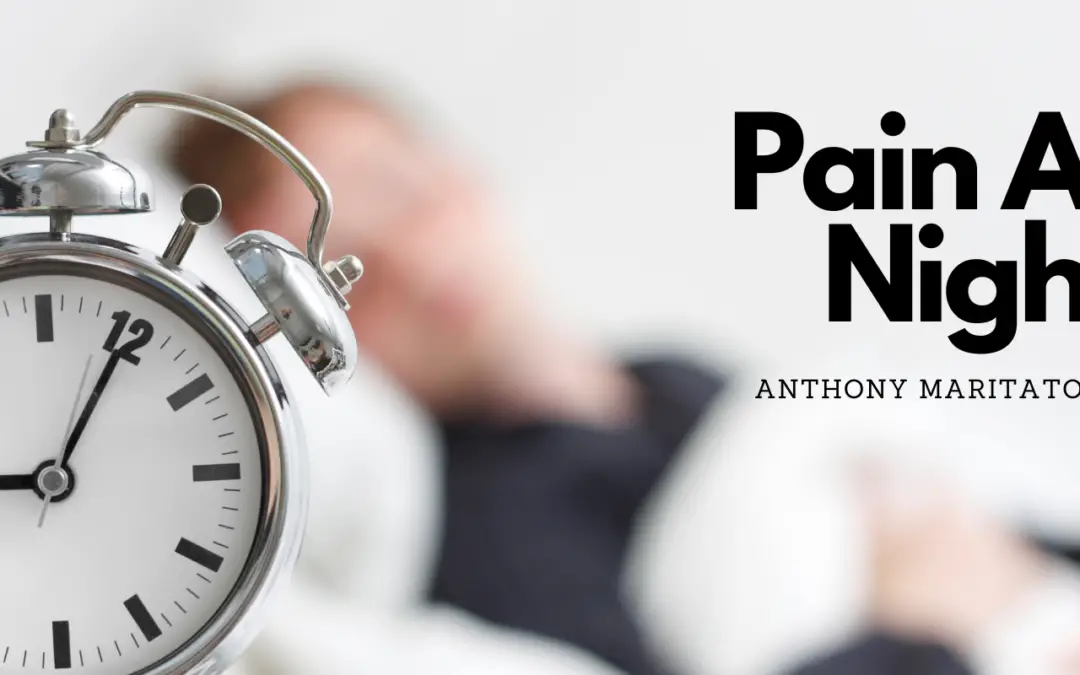
Total Knee Replacement Pain at Night
What to Expect Explore our comprehensive guide on managing 'Total Knee Replacement Pain at Night.' Learn about the causes of night pain, effective pain management strategies, best sleeping positions, and more. This article provides practical advice to help individuals...
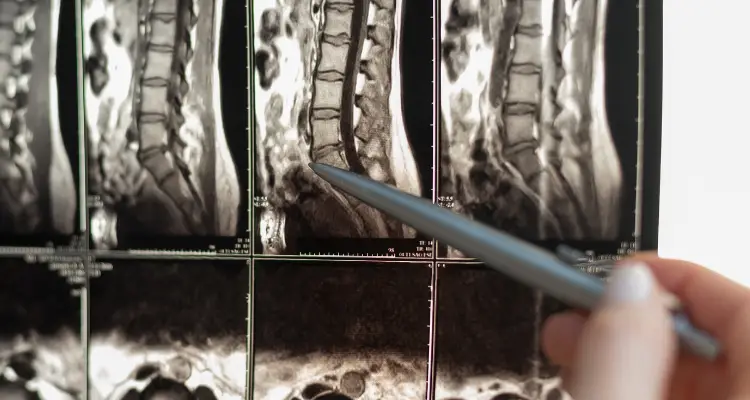
Overview of Spinal Stenosis
Table of Contents What is spinal stenosis What are the symptoms of spinal stenosis How is spinal stenosis diagnosed What are the different types of treatment for spinal stenosis Where to find more information 1. What is spinal stenosis Spinal stenosis is a condition...

Spinal Stenosis Exercises to Avoid: During Knee Replacement Recovery
Spinal stenosis is relatively common among adults having a total knee replacement surgery. While spinal stenosis doesn't always impact total knee replacement recovery, when it does, it can be frustrating. Before I specialized in treating patients after a total knee...
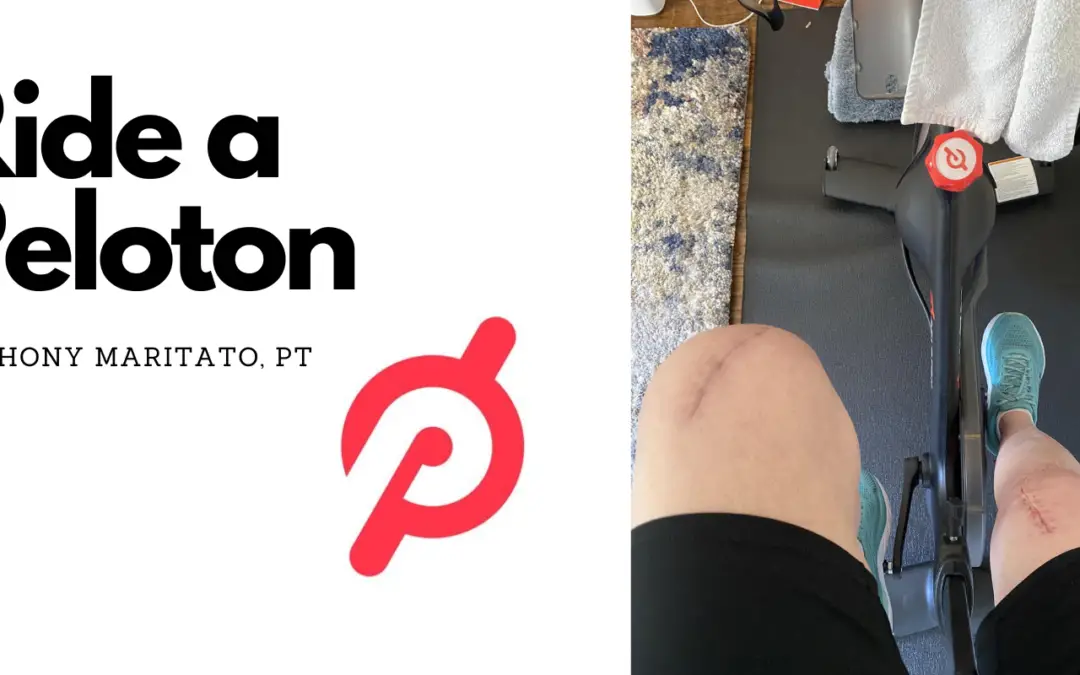
Ride a Peloton After Knee Replacement Surgery
Table of Contents When can I return to riding my Peloton bike at home after a total knee replacement? Is a Peloton bike good physical therapy after a total knee replacement surgery? Will riding my Peloton too much wear out my new knee? How often should I ride my...
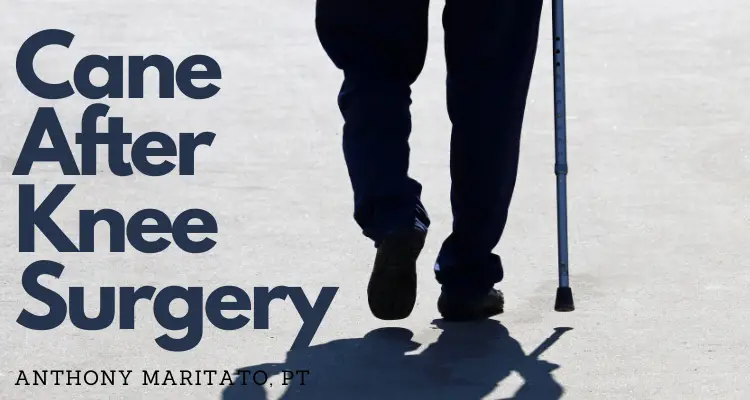
How to Use a Cane After Knee Surgery
Table of Contents Understanding the Purpose of Using a Cane after Knee Surgery How to Properly Use a Cane after Knee Surgery Common Mistakes to Avoid When Using a Cane Transitioning from a Walker to a Cane: When and How? Understanding the Purpose of Using a Cane after...
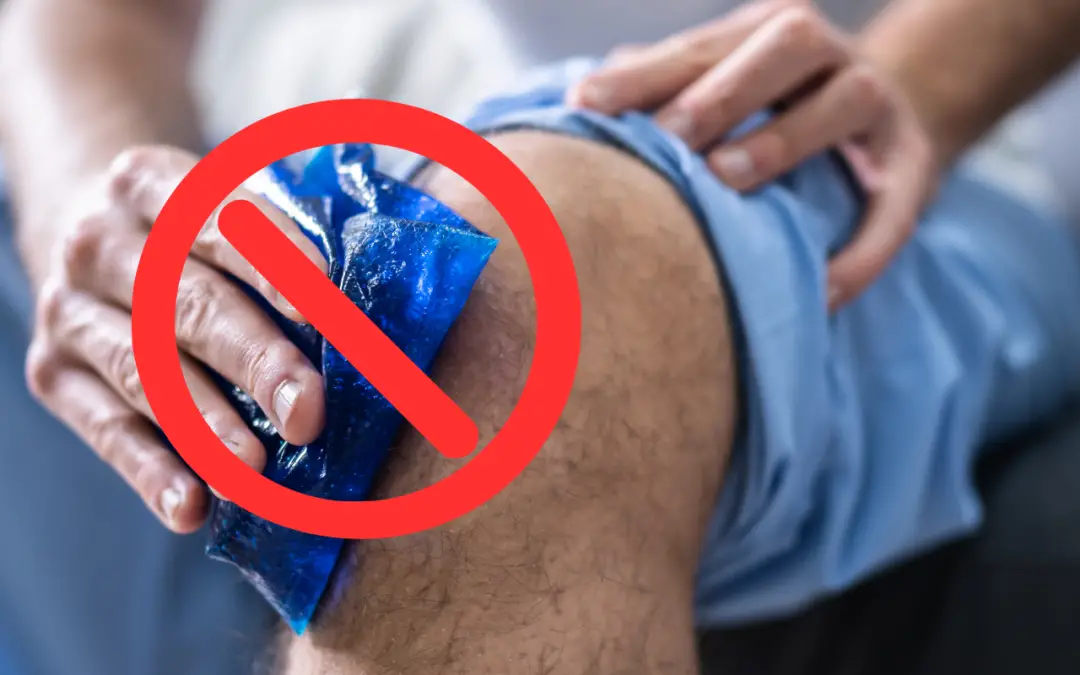
Ice Machine for Knee Surgery
Table of Contents Benefits of Using an Ice Machine After Knee Surgery How an Ice Machine Works Top Ice Machines for Knee Surgery Recovery How to Use an Ice Machine After Knee Surgery Where to Buy an Ice Machine and What to Consider Benefits of Using an Ice Machine...

Walking Your Dog After Knee Replacement Surgery: A Timeline for Recovery
Table of Contents Introduction Walking Your Dog After Knee Replacement Safety Considerations and Precautions Conclusion Introduction Hello, fellow dog lovers and knee replacement warriors! I'm Anthony Maritato, a licensed physical therapist specializing in post-total...

Top 5 Mistakes After Knee Replacement
In this article I will share my experience as a physical therapist and personal trainer of more than 22 years treating patients after total knee replacement surgery. I have seen patients who made every mistake possible and still had a great outcome following this...

Disadvantages of Knee Replacement Surgery
Table of Contents Introduction Pain Time Lost Cost Stress Post Surgical Risk or Complications Conclusion Introduction When considering treatment options for severe knee arthritis, one commonly considered intervention is knee replacement surgery. Despite its high...
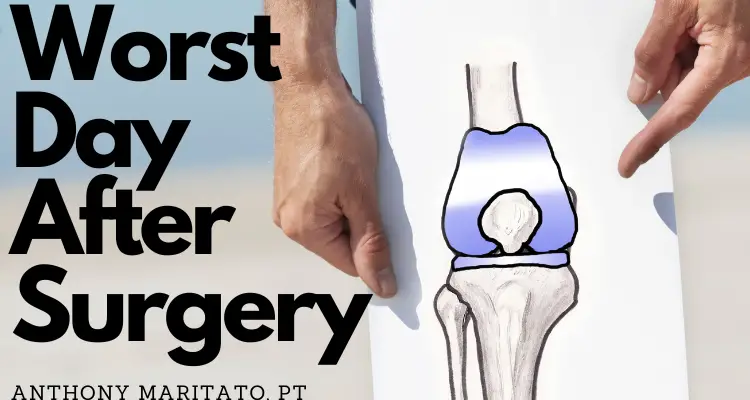
Worst Day After Knee Replacement
What is the worst day after knee replacement? I am a physical therapist who specializes in treating patients after a total knee replacement. In my experience, the worst day after knee replacement is the third day. I will explain why in this article and share some...
